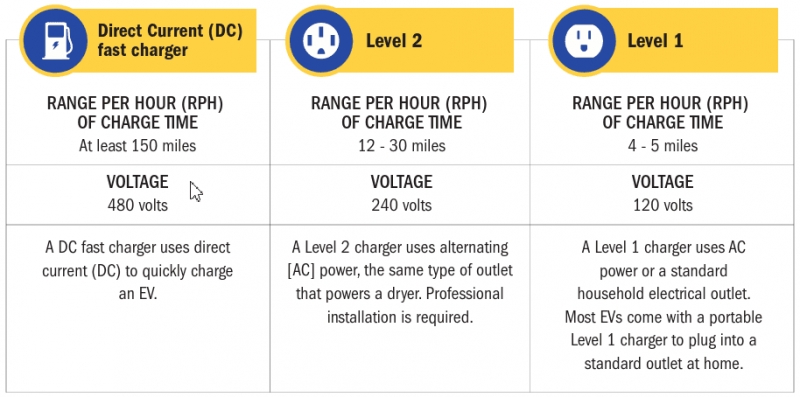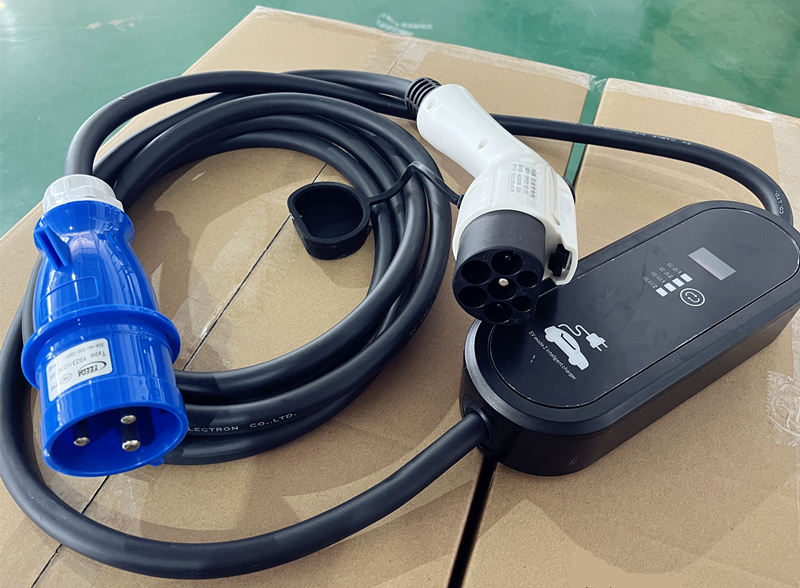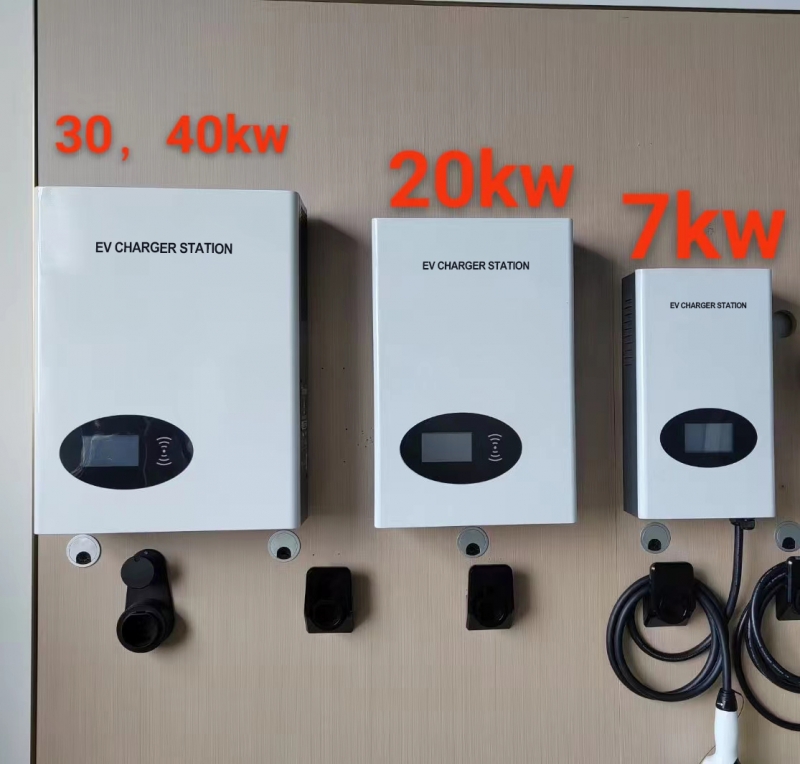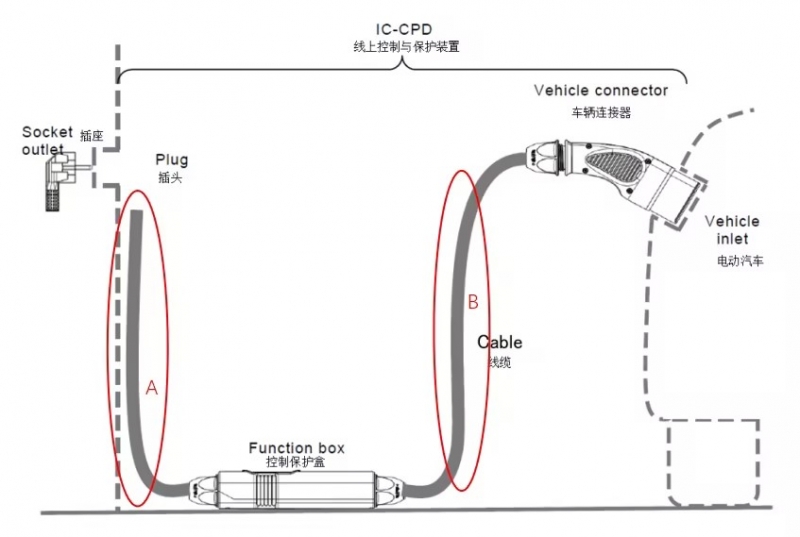Understanding the Price and Cost Factors of EV Chargers
As electric vehicles (EVs) become increasingly popular, the demand for EV chargers is on the rise. However, one of the primary considerations for both individuals and businesses looking to invest in EV charging infrastructure is the cost. Understanding the various cost factors involved in purchasing, installing, and maintaining an EV charger can help stakeholders make informed decisions. This comprehensive guide aims to shed light on these cost factors, offering valuable insights that will be useful for anyone considering an investment in EV chargers.
Equipment Cost
The first and most immediate expense to consider is the cost of the EV charger itself. EV chargers come in a range of types, from Level 1 chargers that use standard household outlets to Level 2 chargers requiring 240V outlets, and DC fast chargers that provide rapid charging capabilities.
1. Level 1 Chargers: These are the most basic and least expensive chargers, generally costing between $300 and $600. They are suitable for home use and are often provided with the purchase of an EV. However, their lower cost is offset by slower charging times.
Although it is the slowest, it is the most accessible option, allowing all EVs to charge using a standard 120-volt outlet immediately.
2. Level 2 Chargers: These chargers are more advanced and offer faster charging speeds. They typically cost between $500 and $2,000. Level 2 chargers are commonly used in residential settings, as well as public and commercial spaces.
This offers quicker charging speeds by utilizing 240-volt electricity, similar to that used by household appliances like electric stoves and clothes dryers.
3. DC Fast Chargers: The most expensive option, DC fast chargers, can cost anywhere from $10,000 to $50,000 or more. These chargers are mainly used in commercial and public charging stations, where rapid charging is a necessity.
As the fastest charging method, it is primarily used in public settings due to its high cost and significant power demands
Installation Costs
Once you have chosen an appropriate EV charger, the next significant expense is installation. Installation costs can vary widely depending on several factors, including the type of charger, the complexity of the installation, and local labor rates.
1. Electrical Upgrades: If your home or business does not already have the appropriate electrical infrastructure, you may need to invest in significant electrical upgrades. This could include installing a dedicated circuit, upgrading your electrical panel, or even rewiring parts of your building. These upgrades can add several hundred to several thousand dollars to your overall cost.
2. Permits and Inspections: Depending on your location, you may need to obtain permits and undergo inspections to install an EV charger. These regulatory requirements can add to both the time and cost of installation.
3. Labor Costs: The cost of hiring a licensed electrician to install your EV charger will depend on local labor rates and the complexity of the installation. Labor costs generally range from $50 to $150 per hour, with total installation costs often falling between $500 and $2,000.
Operational and Maintenance Costs
Owning an EV charger involves ongoing operational and maintenance costs. These costs can vary based on the type of charger, usage patterns, and other factors.
1. Electricity Costs: The primary operational cost for an EV charger is electricity. The cost of electricity will depend on your local utility rates and the amount of energy consumed by the charger. For businesses offering public charging, it's essential to factor in the cost of electricity when setting pricing structures for EV charging services.
2. Maintenance and Repairs: Like any piece of equipment, EV chargers require regular maintenance to ensure optimal performance. Maintenance costs can include routine inspections, software updates, and the replacement of worn-out components. The complexity and frequency of maintenance will depend on the type of charger and its usage. For example, DC fast chargers may require more frequent maintenance due to their high power output.
3. Software and Connectivity: Modern EV chargers often come equipped with software and connectivity features that allow for remote monitoring, diagnostics, and updates. While these features can enhance the utility and convenience of the charger, they may also come with additional subscription fees or service charges.
Additional Considerations
Beyond the direct costs of purchasing, installing, and maintaining an EV charger, there are several other factors to consider that can impact the overall cost-effectiveness of your investment.
1. Incentives and Rebates: Many governments and utilities offer incentives and rebates to encourage the adoption of EV chargers. These can significantly offset the initial costs of purchasing and installing an EV charger. Be sure to research available incentives in your area to take full advantage of these opportunities.
2. Future-Proofing: As EV technology continues to evolve, it's important to consider future-proofing your investment. This might involve choosing a charger with the ability to accommodate future upgrades or selecting a model that supports a wide range of EVs and charging standards.
3. Scalability: For businesses and public charging providers, scalability is a key consideration. Investing in infrastructure that can easily be expanded or upgraded as demand increases can help maximize the long-term return on investment.
4. User Experience: The user experience is a crucial factor in the success of any EV charging infrastructure. Features such as user-friendly interfaces, reliable performance, and convenient payment options can enhance customer satisfaction and drive repeat usage.
5. Brand and Warranty: The reputation of the brand and the terms of the warranty can also impact your decision. Opting for a reputable brand with a comprehensive warranty can provide peace of mind and potentially save money on repairs and replacements in the long run.
Cost-Benefit Analysis
Conducting a thorough cost-benefit analysis can help you assess the overall value of investing in an EV charger. Consider factors such as the expected lifespan of the charger, potential revenue streams (for public and commercial installations), and the environmental and social benefits of supporting EV adoption.
1. Residential Use: For homeowners, the primary benefits of installing an EV charger include convenience, cost savings on fuel, and potential increases in property value. Calculate the payback period by comparing the costs of installation and operation to the savings on fuel and maintenance over time.
2. Commercial Use: Businesses can benefit from offering EV charging services by attracting customers, enhancing their brand image, and generating additional revenue. Consider the potential return on investment by factoring in customer usage rates, pricing structures, and operational costs.
3. Public Charging Networks: For operators of public charging networks, the investment in EV chargers can be justified by the potential for high utilization rates, revenue from charging fees, and contributions to sustainability goals. Analyze the market demand, competitive landscape, and potential partnerships to optimize the profitability of your charging network.
Conclusion
Investing in an EV charger involves careful consideration of various cost factors, including equipment costs, installation expenses, and ongoing operational and maintenance costs. By understanding these factors and conducting a thorough cost-benefit analysis, you can make informed decisions that align with your needs and goals.
Whether you're a homeowner looking to enhance the convenience of charging your EV, a business aiming to attract eco-conscious customers, or a public charging network operator seeking to expand your infrastructure, the insights provided in this guide will help you navigate the complexities of EV charger costs and maximize the value of your investment.
As the world moves towards a more sustainable future, the adoption of EV chargers plays a crucial role in supporting the growth of electric vehicles and reducing our reliance on fossil fuels. By making smart, informed decisions about EV charger investments, you can contribute to this positive change while also reaping the benefits of a cleaner, greener transportation system.
Shenzhen Sympres Technology Co. Ltd
A leading supplier of innovative and reliable AC & DC EV Chargers
www.symplug.com
What's app: +8613537523979








 Send Email
Send Email Jane_ev
Jane_ev